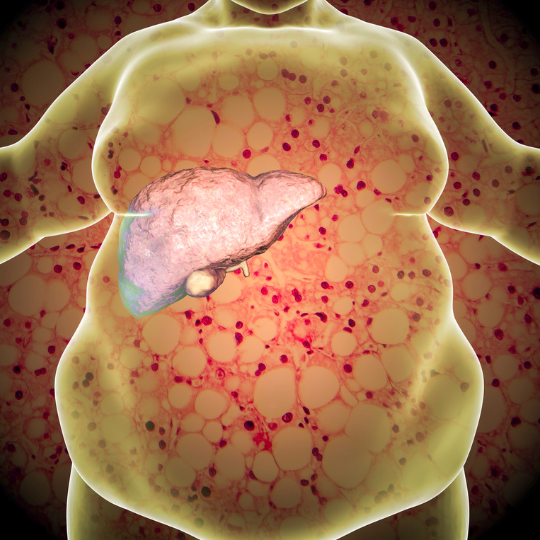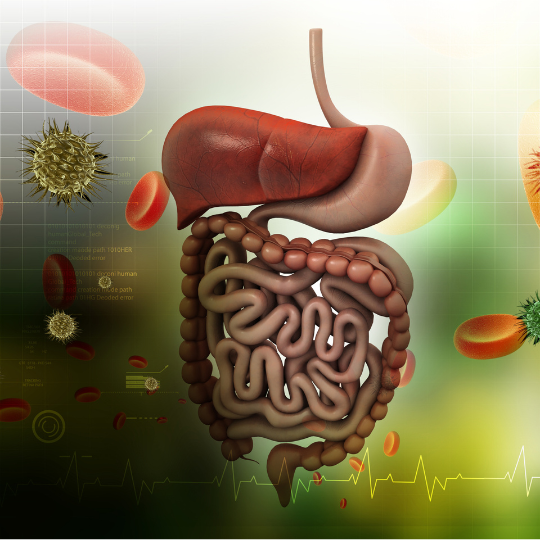Lectins, or hemagglutinins, are a diverse family of carbohydrate-binding proteins found in almost all organisms, including plants, animals, and microorganisms. In terms of nutrition, they are found in a variety of plant-based foods, including grains, beans, and vegetables. Some lectins are believed to have health benefits, while others are thought to be harmful to human health (Petroski W et al, 2020).
Good or bad?
The safety and overall health effects of dietary lectins has long been a topic of concern among researchers. One person who has done significant research on lectins is Dr. Steven Gundry. In his book “The Plant Paradox”, Dr. Gundry argues that lectins are a major contributor to modern health problems and that reducing lectin intake can improve a wide range of health conditions. He says that lectins can cause inflammation, disrupt the gut microbiome, and contribute to the development of autoimmune diseases and other health problems (Dr. Gundry, 2017).

Dr. Gundry explains that one of the ways that lectins are thought to affect human health is through their impact on glycemia (a.k.a. blood sugar levels). Some research suggests that lectins can interfere with the absorption of carbohydrates and cause blood sugar levels to spike after meals. This can be a problem for people with diabetes or prediabetes, as high blood sugar levels can increase the risk of complications such as heart disease and nerve damage (Dr. Gundry, 2017).
In addition, Dr. Gundry says that lectins may also have other metabolic effects in humans. Some research suggests that lectins may alter the gut microbiome and affect the absorption of nutrients from the diet. This could potentially lead to nutrient deficiencies or other metabolic problems (Dr. Gundry, 2017).
But not everything is negative. Lectins are also believed to have pain-relieving properties. Some studies have found that lectins can reduce inflammation and swelling, which may help to alleviate joint pain and other types of chronic pain. However, the mechanisms are not fully understood, and more studies are needed to determine if lectins could be a treatment for inflammation and chronic pain (Petroski W et al, 2020).

Lectin-related Genes
There are some SNPs that may be related to the metabolism of lectins. Some examples are:
- FUT2 gene: is associated with lectin-induced digestive symptoms. FUT2 polymorphisms have been shown to influence the risk of infectious and inflammatory diseases, such as inflammatory bowel disease, peptic ulcer disease, and other gastrointestinal disorders (Thorman AW, et al, 2023).
- HLA-DQ gene: is associated with increased sensitivity to gluten, which is a type of lectin found in wheat and other grains. Celiac disease and gluten intolerance, for example, has a very strong relation to HLA-DQ gene polymorphisms (Boniotto M, et al, 2005).
To address these genetic predisposition, it is important to talk to a health care professional about symptoms you may have. If there is any type of intolerance or sensitivity to foods with lectins, it would be a good idea to reduce consumption or change food preparation methods to reduce lectins.
Food prep
It has been demonstrated that lectin-rich food, if not prepared correctly, could lead to poisoning. Traditional processes such as soaking, sprouting, fermenting and boiling, are methods that can significantly reduce lectin content.

Also, fermented foods such as kimchi, sauerkraut, and kefir, contain beneficial bacteria that may help to protect the gut from the negative effects of lectins.
Finally, incorporating foods such as coconut oil inhibits the binding of lectins to cells in the body, whereas avocados contain compounds that may help to reduce inflammation and protect against lectin-induced damage (Petroski W et al, 2020).
Supplementation against Lectins
Finally, there are several supplements that may be helpful for addressing genetic predispositions related to lectin metabolism. For example, probiotics and prebiotics may help to support the gut microbiome and protect against the negative effects of lectins. Additionally, supplements containing compounds such as quercetin and curcumin may help to reduce inflammation and protect against lectin-induced damage. It is important to speak with a healthcare provider before starting any new supplement regimen. You can contact us and we can help you address your SNPs, reduce inflammation and enhance your overall health.
Overall, lectins are a complex and poorly understood class of proteins that may have both beneficial and harmful effects on human health. While more research is needed to further clarify the role of lectins in human health, it is clear that they can have significant impacts on glycemia, pain, and other metabolic processes. By addressing genetic predispositions and implementing science-backed behavioral tools, nutrition, and supplements, it may be possible to mitigate some of the negative effects of lectins and improve overall health and wellbeing.











